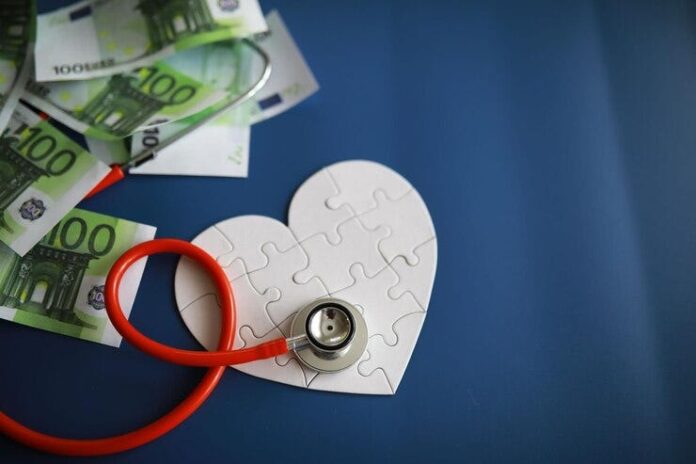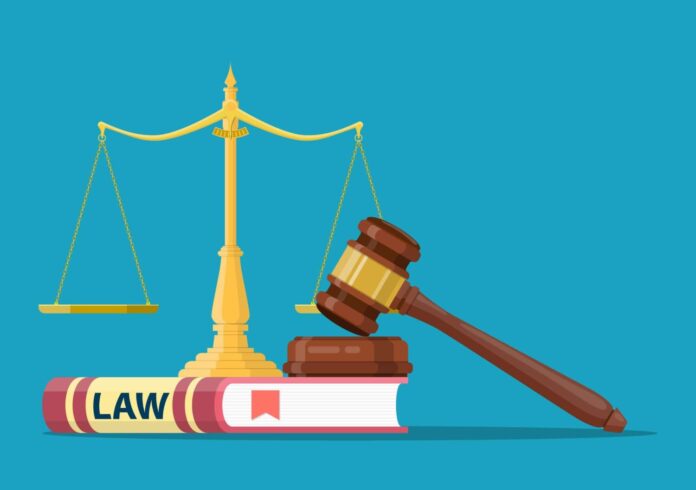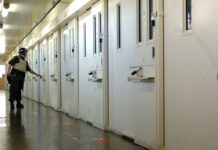Slip and fall accidents might seem like minor mishaps, but the consequences can be far from trivial. From soaring medical bills to potential legal battles, these incidents often leave a trail of financial wreckage in their wake. In this comprehensive guide, we will delve into the costly consequences of slip and fall accidents, shedding light on the financial burdens victims and property owners may face. Join us as we explore the hidden costs, insurance intricacies, and prevention measures that can save you from a costly stumble.
Immediate Medical Expenses
Many individuals underestimate the severity of their injuries, only to realize later that the pain persists. Sprains, fractures, and head injuries can require ongoing medical attention, physical therapy, and sometimes even surgery. One law firm explains that these expenses can easily escalate into thousands of dollars, and if you’re without health insurance, you might find yourself buried under a mountain of medical debt.
In addition to the initial medical costs, follow-up appointments, medication refills, and rehabilitation sessions can stretch for months, further increasing the financial burden. Physical therapy, for example, is often a crucial part of recovery, but it can be expensive, especially if insurance coverage is limited. Moreover, for those with high-deductible health insurance plans, a significant portion of these medical expenses may need to be paid out of pocket before insurance kicks in.
Furthermore, if your injuries are severe enough to require specialized care or consultations with multiple medical professionals, the expenses can quickly skyrocket. Neurologists, orthopedic surgeons, and other specialists can charge significant fees for their expertise, which can strain both your finances and your patience.

Lost Income and Productivity
A slip and fall accident not only affects your physical health but can also disrupt your financial stability. When you’re unable to work due to injuries, lost income becomes a harsh reality. This financial setback can be particularly challenging for those living paycheck to paycheck.
Consider the situation of someone with a physically demanding job, such as a construction worker or a nurse. A slip and fall accident can leave them unable to perform their duties for weeks or even months. In such cases, disability leave or workers’ compensation may provide partial income replacement, but it rarely covers the entirety of their regular earnings.
Moreover, even if your injuries don’t render you completely immobile, they might limit your productivity. Reduced efficiency at work due to pain or mobility issues can lead to reduced earnings or even jeopardize your job security. The long-term financial implications of lost income and reduced productivity are often underestimated but can be crippling.
Legal Battles and Liability
In some slip and fall cases, the blame falls on property owners or businesses that have failed to maintain safe premises. When negligence is involved, legal battles ensue. Hiring a personal injury attorney to represent your case can be expensive, with lawyers often working on a contingency fee basis, taking a substantial percentage of your eventual settlement.
Legal expenses in a slip and fall case can quickly escalate. They encompass attorney fees, court filing costs, expert witness fees, and more. In complex cases where liability is disputed or multiple parties are involved, the legal process can become protracted and resource-intensive.
Property owners or businesses may be held liable for your medical expenses, lost income, and other damages, but these cases can be complex and lengthy. The legal process can take months or even years to resolve, further adding to the emotional and financial toll of your accident.
Moreover, the outcome of a slip and fall lawsuit is never guaranteed. If the court rules in favor of the defendant, you may not receive compensation for your injuries and losses, leaving you with the burden of legal expenses and medical bills. Therefore, the decision to pursue legal action should be carefully considered, weighing the potential benefits against the financial risks.

Increased Insurance Premiums
Insurance plays a pivotal role in slip and fall cases, but it’s a double-edged sword. If you’re a property owner, your liability insurance premiums are likely to rise after a slip and fall incident on your property. This increase in insurance costs can be an ongoing financial burden that affects your bottom line for years to come.
Property owners may face increased premiums on their homeowner’s insurance or commercial liability insurance policies. This hike in insurance rates is typically triggered by a claim, and even if the property owner takes steps to rectify the unsafe conditions that led to the accident, premiums may remain elevated for several years.
Similarly, if you’re the victim and you file a claim with your health insurance provider or the property owner’s liability insurance, expect to see an increase in your own insurance premiums. These spikes in costs can linger for several years, making insurance more costly even for unrelated incidents.
Pain, Suffering, and Emotional Toll
The financial repercussions of slip and fall accidents are undeniable, but the emotional toll can be equally devastating. Pain and suffering can lead to psychological distress, anxiety, and depression, which may require therapy or counseling—yet another expense to consider.
The physical pain and discomfort from slip and fall injuries can persist long after the initial accident. Chronic pain conditions, such as back pain or nerve damage, may become a daily burden. Coping with these ongoing physical issues can take a toll on your mental health, leading to feelings of frustration, helplessness, and even depression.
In addition to the pain, the emotional trauma of the accident itself can haunt victims. The fear of falling again, especially in the same location, can lead to anxiety and panic attacks. Victims may also experience a loss of confidence in their physical abilities, which can affect their overall quality of life and sense of independence.
Recovery from the emotional and psychological effects of a slip and fall accident often requires professional help. Therapy and counseling sessions can provide coping strategies and emotional support, but these services come at a cost. Additionally, the time and energy invested in healing emotionally can also impact your ability to work and earn income during your recovery.

Prevention is Priceless
While the costly consequences of slip and fall accidents are daunting, it’s crucial to remember that prevention is the most effective way to avoid these financial pitfalls. Property owners should invest in regular maintenance and safety measures to minimize the risk of accidents on their premises.
For individuals, practicing mindfulness and caution while navigating public spaces can go a long way in preventing slips and falls. Footwear choice, awareness of surroundings, and understanding your own physical limitations are all important aspects of personal prevention.
When it comes to property maintenance, regularly inspecting and addressing potential hazards is essential. This includes promptly repairing damaged flooring, stairs, or walkways, ensuring adequate lighting, and implementing safety measures like handrails where necessary. By investing in these preventive measures, property owners can reduce the risk of accidents and the potential financial fallout that follows.
Conclusion
In conclusion, slip and fall accidents are far from inconsequential. The financial consequences, including immediate medical expenses, lost income, legal battles, increased insurance premiums, and intangible costs like pain and suffering, can be overwhelming. However, by understanding the potential pitfalls and taking proactive measures to prevent accidents, both property owners and individuals can reduce the financial and emotional burdens associated with slip and fall incidents. Remember, staying on your feet is not only good for your health but also your wallet. By prioritizing safety and taking preventative actions, you can avoid the costly fallout of slip and fall accidents and enjoy a more secure and prosperous future.









